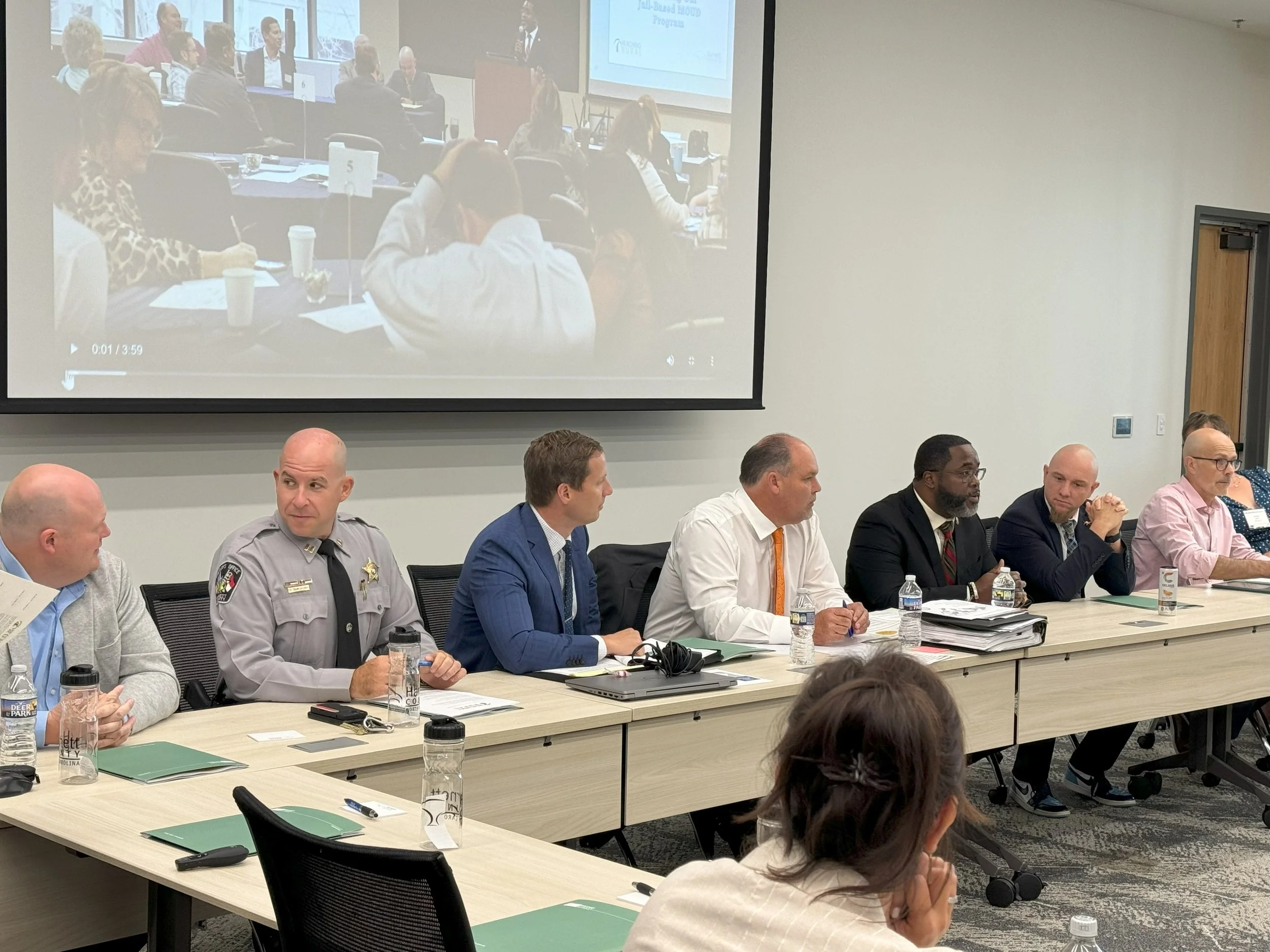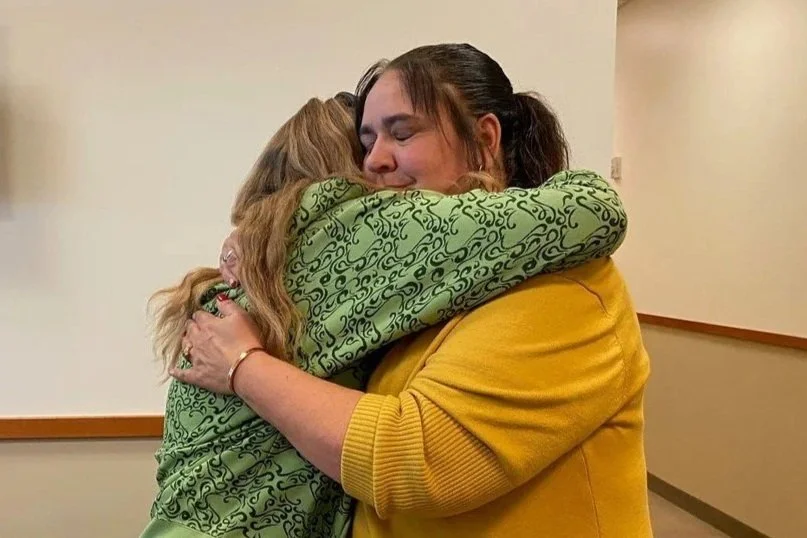Resources for Rural Communities
Use the filters below to search by resource topic, type, and audience.
The Evolving Role of Drug Courts in Combating Addiction and Recidivism
In rural areas like Warrick County, addiction — particularly to opioids and methamphetamine — has touched nearly every family in some way. Traditional jail sentences often don’t solve the problem. In fact, in many cases, they make it worse. A person struggling with addiction might serve time, only to be released and fall right back into the same habits, the same crowd, the same pain. That’s where drug courts come in.
A Kentucky County's Recovery from Opioid Crisis Could Be a Model for Tennessee | Opinion
If we pretend that everyone that has made a mistake...should get some sort of economic death penalty where they can never get a job again, we will never overcome this problem.' Harlan County, Kentucky, a rural area with high overdose rates, is emerging as a model for addiction recovery. The county has implemented various recovery programs, drug courts, and transportation services, all funded by opioid settlement money.
The Importance of Contextually Specific Support Relationships in Implementing Programs to Link People to Medication for Opioid Use Disorder (MOUD) Treatment During Reentry from County Jails
Using PRISM and RE-AIM models, this study describes how jail context features affect the number of people linked to MOUD and the sustainment of jail linkage programs, focusing on case studies in rural and urban Kentucky jails.
PBS Report: Rural Communities Are Rethinking Women's Incarceration
Video explores challenges for women reentering rural communities after incarceration and highlights innovative solutions like farm-based housing and reintegration initiatives.
Restorative Radio
Community media project in Central Appalachia supports communication and healing for families and communities affected by mass incarceration.
On the Rebound: Stories from Recovery Court
This podcast series tells the stories of participants in Galax, Virginia's Recovery Court, focusing on opioid crisis impacts and rehabilitation.
A Native-Led Program on the White Earth Reservation is Rewriting the Rules on Opioid Treatment for Parents. It's Working.
The MOMS program in Minnesota helps parents recover from opioid abuse and thrive, offering lessons for other communities.
Butler County Ohio Jail Reentry Program
Butler County Jail's reentry program uses community partnerships for post-classification assessment, post-release action plans, and inmate advocacy.
Rural Roads - The RCORPodcast Ep. #70 Adventures in Recovery (AIR) Initiative
Adventures in Recovery (AIR) in Cattaraugus County, NY, offers peer-led sober activities and support, fostering recovery through community engagement and wellness.
Breaking the Cycle: Pilot Program Aims To Keep Rural Acadiana Residents Out Of Prison
New anti-recidivism program in rural Louisiana supports reentry, aiming to reduce high rates of prison return by providing local social and economic support.
Returning to the Community: Health Care After Incarceration
The US Department of Justice (DOJ) and the Centers for Medicare & Medicaid Services (CMS) released a guide to help people reentering communities after incarceration connect to health coverage and services, supporting reentry and health.
Rural Jails Turn to Community Health Workers to Help the Newly Released Succeed
Sanpete County, Utah, jail's community health worker program reduced recidivism by connecting released individuals to treatment, jobs, and support.
Incorporating Peer Recovery Support into Treatment Courts: Practice Guidelines for Treatment Court Professionals
Guidelines for integrating peer recovery support into treatment courts, including adult, DWI, opioid, veterans, and co-occurring courts, with rural considerations.
Successful Strategies for Addressing the Opioid Epidemic in Rural Communities: Engaging the Local Business Community
Rural communities across the country are identifying ways to effectively partner with their local business community to better serve residents with substance use disorder (SUD) and make more efficient use of limited resources. This brief is one in a series highlighting projects that are part of the Rural Responses to the Opioid Epidemic (RROE) project.















